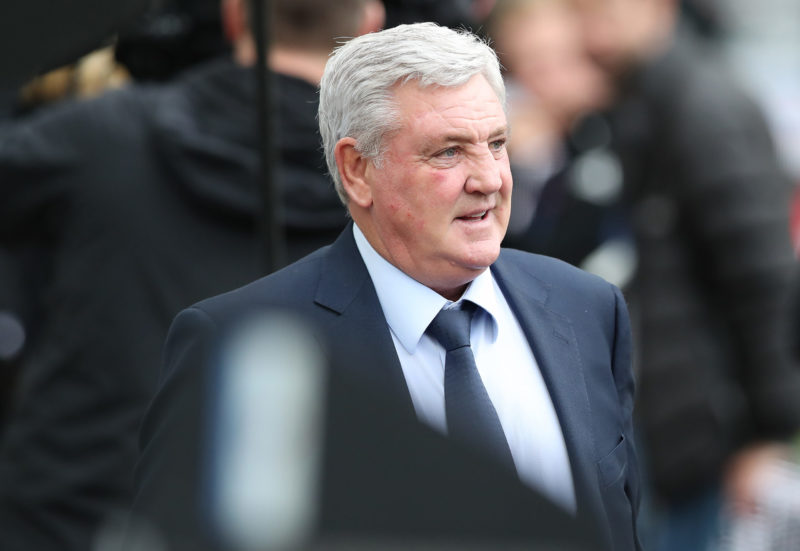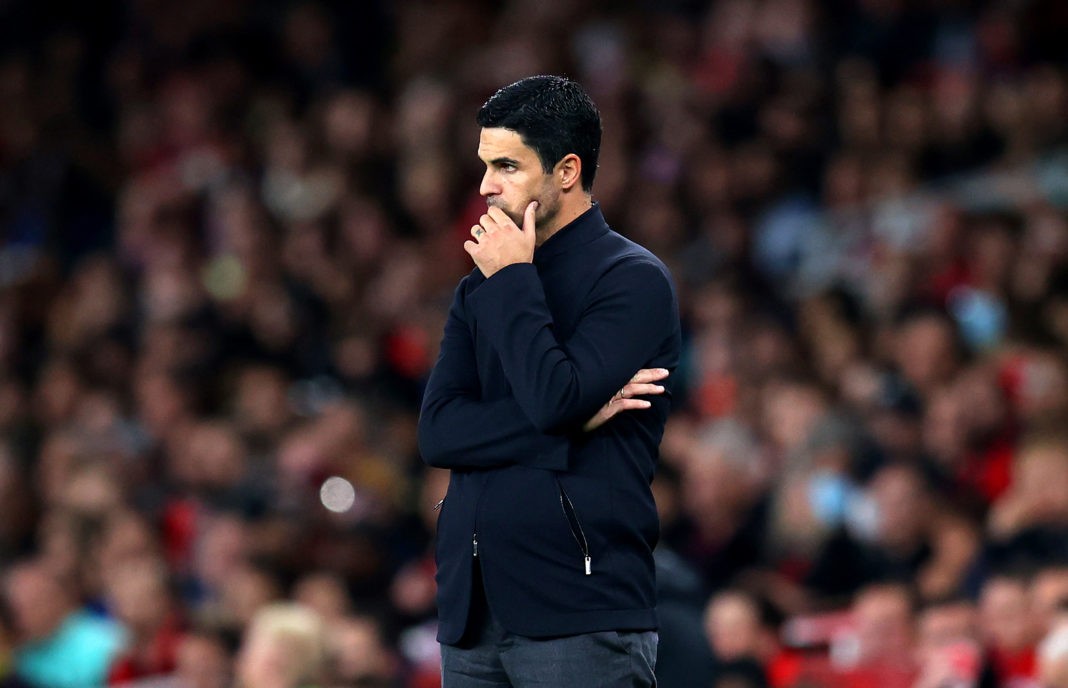Mikel Arteta admits he was ‘sad’ to read Steve Bruce’s message when the 60-year-old left Newcastle and he wants to see a ‘serious discussion’ about how manager’s are abused by fans (I think).

When the Saudi Arabia Public Investment Fund purchased Newcastle United from Mike Ashley, few expected Steve Bruce to be on the sidelines, taking charge for their game against Tottenham at the weekend.
Tasting defeat in his 1,000th game as manager, everyone knew his time was up.
The announcement that Bruce would no longer be Newcastle manager came midweek with the former Manchester United player giving an interview that must have touched the coldest of hearts.
“I think it might be my last job,” Bruce told The Daily Telegraph as he prepares for a life away from the training ground.
“By the time I got to Newcastle, I thought I could handle everything thrown at me, but it has been very, very tough.
“To never really be wanted, to feel that people wanted me to fail and saying I would fail, that I was useless, a fat waste of space, a tactically inept cabbage head or whatever. And it was from day one.
“It does take its toll because even when you win a game, you don’t feel like you are winning over the supporters.”
At his pre-Aston Villa press conference, Arteta was then asked about Bruce’s departure .
“I was really sad after reading that statement from Steve,” Arteta said. “First of all because I know him personally and secondly with what he transmitted in his words.
“You’re talking about somebody who has been in the game over 40 years as a player and manager, that has managed over 1000 games and he is telling you, with that experience, with that level of expertise that he has, because you have [to have that] to sustain it at that level, that he struggles with that kind of situation.
“So, I think we have to reflect how we can’t take for granted and accept certain things because they are how they are.
“No. We are here as well to improve them and change them like we do with any rules, with anything that we want to improve for our supporters, fans, stadiums, facilities, broadcast.
“Why don’t we spend more time and we have an open table to discuss how we can do that because I think we have to think about that. One of the most experienced managers in English history is telling you that. You can’t just ignore that.
“For me, it is a very serious statement and it is something that has to change. It has to start to change.
“No, we can’t blame the fans, guys,” he added.
“It’s not the fans. Football is in an industry that is that big, that has such a big impact in society that everybody has an opinion and it’s great.
“To have a strong opinion and be so convinced about what you see and how you judge how people act, you don’t have to study. You don’t even have to be able to play football. You can just give a strong opinion and that’s it.
“You talk about chemistry. You don’t do that. You talk about law and in law you don’t have that opinion because you have to study and then you don’t say anything.
“But [with football] you can say anything about that and it’s good because it creates debate, it creates opinion and it’s great, but when you cross the line, I think it becomes really difficult because it’s a man.
“It’s a man, it’s a family, it’s his loved ones, it’s the environment and I think we have to reflect. I was really impressed with how he explained openly how he felt and I didn’t like it to be fair.”

